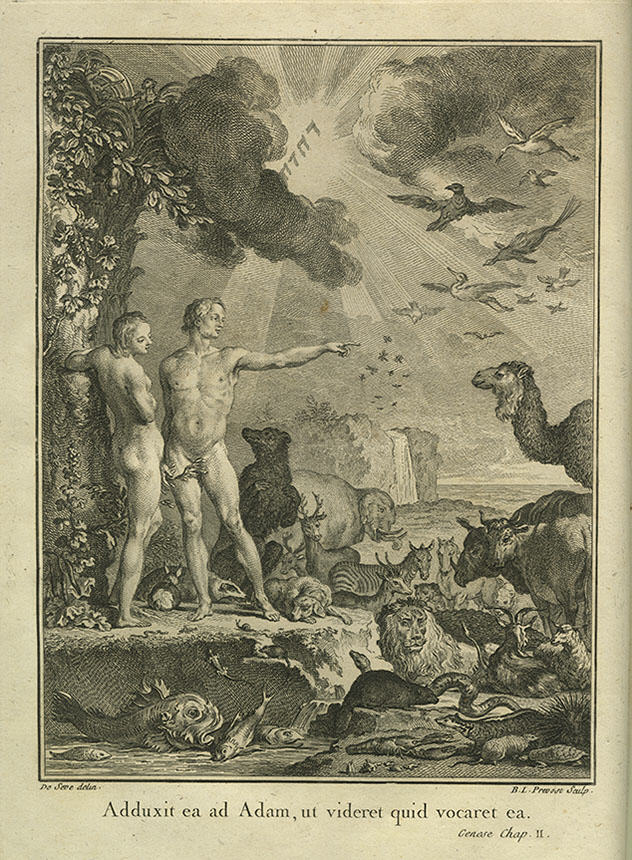Linnaean natural history: An eighteenth-century ecology of knowledges
Keynote lecture
DOI:
https://doi.org/10.7557/5.5756Keywords:
Eighteenth-Century Studies, Natural History, History of Knowledge, History of Science, Transnational History, Carl von Linné, Carl Linnaeus, Circulation of KnowledgeAbstract
Keynote lecture at the conference "Nature and the Natural in the Eighteenth Century" organized by the Norwegian Society for Eighteenth-Century Studies, 3 February 2021.
RECORDED LECTURE: https://septentrio.uit.no/media/AnderssonBurnett_0.mp4
The lecture is in English. Abstract (in Norwegian): Linda Andersson Burnett leder et større forskningsprosjekt som tar for seg Carl von Linnés nettverk av korrespondenter og innsamlere som et eksempel på citizen science, eller «folkeforskning». Linné reiste selv omkring i riket og samlet observasjoner og artseksemplarer, mest berømt er hans Lappländska resa i 1732. Men som professor og anerkjent botaniker ble han mer og mer avhengig av bidrag fra samlere. Dels var det studenter, «linnélärjungar», som reiste rundt i hele verden. Dels var det lekfolk, lokale kontaktpersoner rundt omkring i det svenske riket. Hvem var disse lekfolkene, og hva var det slags natursyn som lå til grunn for deres samleraktivitet? Og ikke minst: Hvordan forholdt de seg til naturfolket lengst nord i det svenske riket, samene? Dette er spørsmål som Andersson Burnett vil belyse i sitt foredrag, «Linnaean natural history: An eighteenth-century ecology of knowledge».
Metrics
No metrics found.









